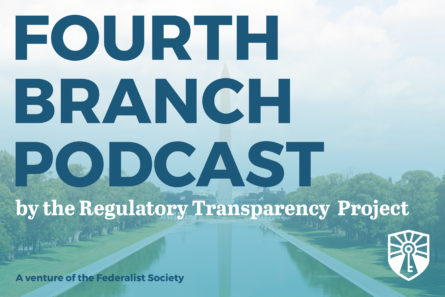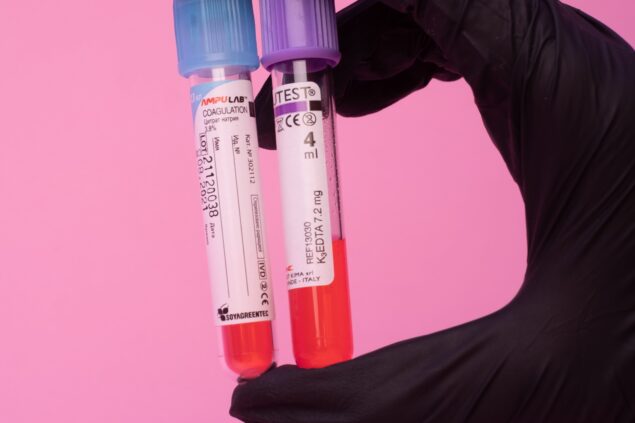Deep Dive Episode 26 – Is the FDA’s Rule on Cigars & Vaping Products Constitutional?

Invoking the Tobacco Control Act, the FDA issued an omnibus regulation of cigars, pipe tobacco, and vaping products in 2016. That Rule required all of these products to go through an FDA review process similar to that for prescription drugs and medical devices and to bear large warnings covering 30 percent of two panels of each package and 20 percent of all advertisements—even though some vaping products contain no tobacco or nicotine. The Rule also prohibits truthful statements about the products, including whether they contain tobacco or not, without costly FDA pre-approval, and the speakers bear the burden to prove the net value of their speech to consumers as a whole, whatever that means. Although the Trump Administration delayed some aspects of the Rule, current and delayed mandates threaten the vitality of major industry sectors, including the large health warnings and prior approval of truthful speech.
In addition to the usual regulatory questions, our speakers raise fundamental constitutional challenges to the Rule. Mr. Gaziano and Pacific Legal Foundation are representing nine vaping retailers and harm reduction advocates who filed three lawsuits arguing that the Rule is invalid because it was issued by an FDA employee who is not constitutionally authorized to issue regulations pursuant to the Appointments Clause. Those suits raise key questions of democratic accountability and Executive Power: Who has the authority to impose a massive web of regulations on an entire industry? Mr. Edney represents several cigar and pipe tobacco trade associations and other individual cigar manufacturers and retailers challenging the Rule. Even with the postponement of some compliance deadlines, the Appointments Clause and First Amendment challenges in both sets of cases are ripe. If the FDA’s arguments prevail, the government could require large warnings blanketing any package or advertisements for virtually any product and ban truthful statements about those products without bureaucratic pre-approval.

Speakers
Chairman and Partner
Norton Rose Fulbright’s White Collar Criminal Defense Practice Group
Chief of Legal Policy and Strategic Research and Director, Center for the Separation of Powers
Pacific Legal Foundation
Topic
The Federalist Society and Regulatory Transparency Project take no position on particular legal or public policy matters. All expressions of opinion are those of the speaker(s). To join the debate, please email us at [email protected].





